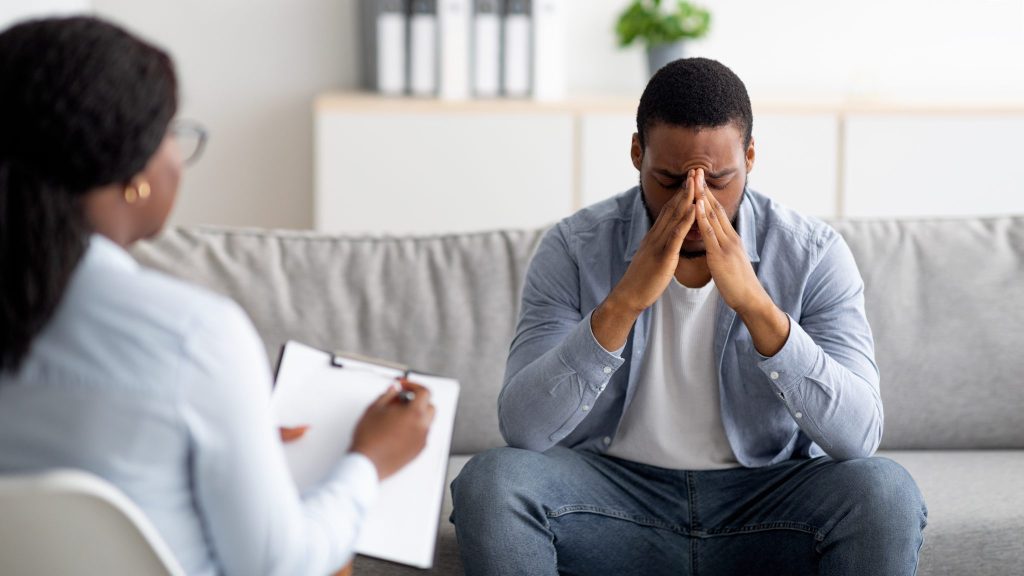Starting counselling for trauma and PTSD is similar to driving. For example, if you are new to driving, it may take some time to feel comfortable. Similarly, you may be new to counselling and feel nervous about starting. In counselling, I create a safe space and ensure you feel heard, validated, and supported. We unpack your trauma, discuss your coping mechanisms, and share tools and strategies to help you cope when triggered. Some sessions may involve driving in difficult terrain as you share upsetting and painful experiences. But you are not alone; we process these experiences as we move forward together. You can pull over, slow down, or change lanes anytime. You gain new insight and understanding, which creates new experiences and awareness. Driving home after your counselling session, you feel validated, supported, reassured, and more resilient. You also feel more connected with your authentic self.


I am a registered clinical counsellor (#19428) dedicated to supporting individuals who have experienced trauma and PTSD.
We work together to process your trauma. You may have experienced a traumatic incident as a child or as a young adult. I support you process and heal from your traumatic experience. This happens in a safe, non-judgmental, and private space in Burnaby and online. Some people experience PTSD due to the traumatic experience and struggle with flashbacks, nightmares, or night terrors.
At Ease Counseling in Burnaby, I offer individual, in-person, and online depression counselling for adults and youth. I work with you to help you achieve your goals and improve your mental health.
As your counsellor, I ensure you feel seen, heard, validated, and accepted. Starting your healing journey takes courage, and I am here to support you every step of the way.
Trauma and PTSD counselling in Burnaby focuses on the connection between thoughts, feelings, body sensations, and behaviour. We also explore how your trauma impacts these, how you cope, and how your body responds when you don’t feel safe. When they feel unsafe, some people freeze, some fight, and others flee. Your trauma may be connected to past experiences. For example, you may have experienced childhood abuse and, as a young adult, experienced domestic violence. Moreover, we unpack your relationship with yourself, including self-talk, self-esteem, and self-worth. Negative self-talk can make seeing your strengths, resilience, and accomplishments difficult. In counselling, we challenge this self-talk and work on building self-compassion and self-kindness.
Trauma and PTSD counselling in Burnaby explores the impact of your trauma. We unpack how it impacts your thoughts, feelings, view of self, and relationship with others. We also identify triggers and how you react or respond when triggered. We focus on negative core beliefs, their origin, and how they impact your life. Individuals who have experienced a traumatic incident may not view the incident as traumatic. They may minimise, deny, or normalise the impact of the incident. This is a coping mechanism for some individuals and is not uncommon. Traumatic experiences can result in individuals feeling stressed, and some experience PTSD. Individuals with PTSD sometimes struggle with sleep, forming and maintaining healthy relationships, and day-to-day tasks such as driving to work. I support you in sessions, and we build your resilience and identify your unique strengths to help you process your trauma.
Trauma and PTSD counselling in Burnaby works with you to help you process and heal from your trauma. You may have coping mechanisms, but these may no longer be effective. I share tools and strategies that help you cope and process your life transition. You may be processing the trauma you experienced as a result of the childhood abuse you experienced. Or, you may be processing the trauma you experienced due to an abusive relationship. We process your trauma along with all the feelings and thoughts that come to the surface in sessions. You may also have some anger towards yourself, and you may have a critical inner dialogue. You may blame yourself for the traumatic incident and you may as a result be hard on yourself. We work on channeling your anger and strengthening a kinder and more compassionate inner dialogue.